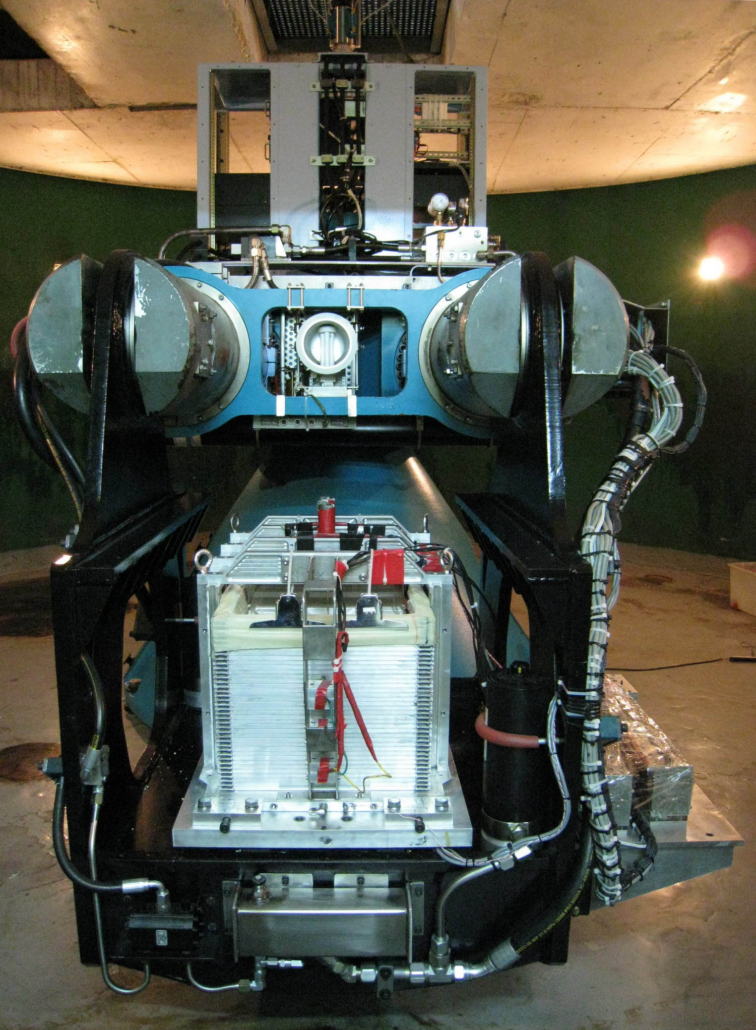The Geotechnical Engineering program is intendd to educate students interested in the analysis, design and engineering of the ground and its component soils, rocks, and groundwater flow for the prevention and mitigation of natural hazards and failures.construction of structures and facilities that are built on, in or with the earth. It includes the science and engineering of the ground and its component soils, rocks, and groundwater flow for the prevention and mitigation of natural hazards and failures.
Increasingly, construction is occurring in areas with poorer soils and harsher environments. Courses and research opportunities are available in soil and rock properties, behavior, mechanics and engineering; foundation engineering; geological engineering; earth and rockfill dams; earthquake engineering; geostatistics.Concerns over environmental hazards ranging from earthquakes to landslides to safe disposal of hazardous and toxic substances to the economic consequences of erosion have created major new roles for geotechnical engineers.
Courses
Applied Soil Mechanics
Advanced Soil Mechanics
Experimental Soil Mechanics
Soil Dynamics
Soil Improvement
Rock Mechanics
Rock Engineering
Applied Rock Engineering
Foundation Design
Advanced Foundation Engineering
Laboratory and Facility Soil and Rock Mechanics Laboratory
In Soil Mechanics Laboratory,equipments includes five sets of static triaxial test apparatus, CKC dynamic triaxialapparatus, 10 tons MTS dynamic test apparatus, twenty four sets of oedometers, high-pressure >oedometers, direst shea apparatus, direst shear apparatus for rock, high-pressure triaxial cells for rock, simple shear apparatus, and electricalconductivity instruments, 100 g-ton geotechnical centrifuge and related facilities.




